Driving commercial and political engagement between Asia, the Middle East and Europe
Driving commercial and political engagement between Asia, the Middle East and Europe
Driving commercial and political engagement between Asia, the Middle East and Europe
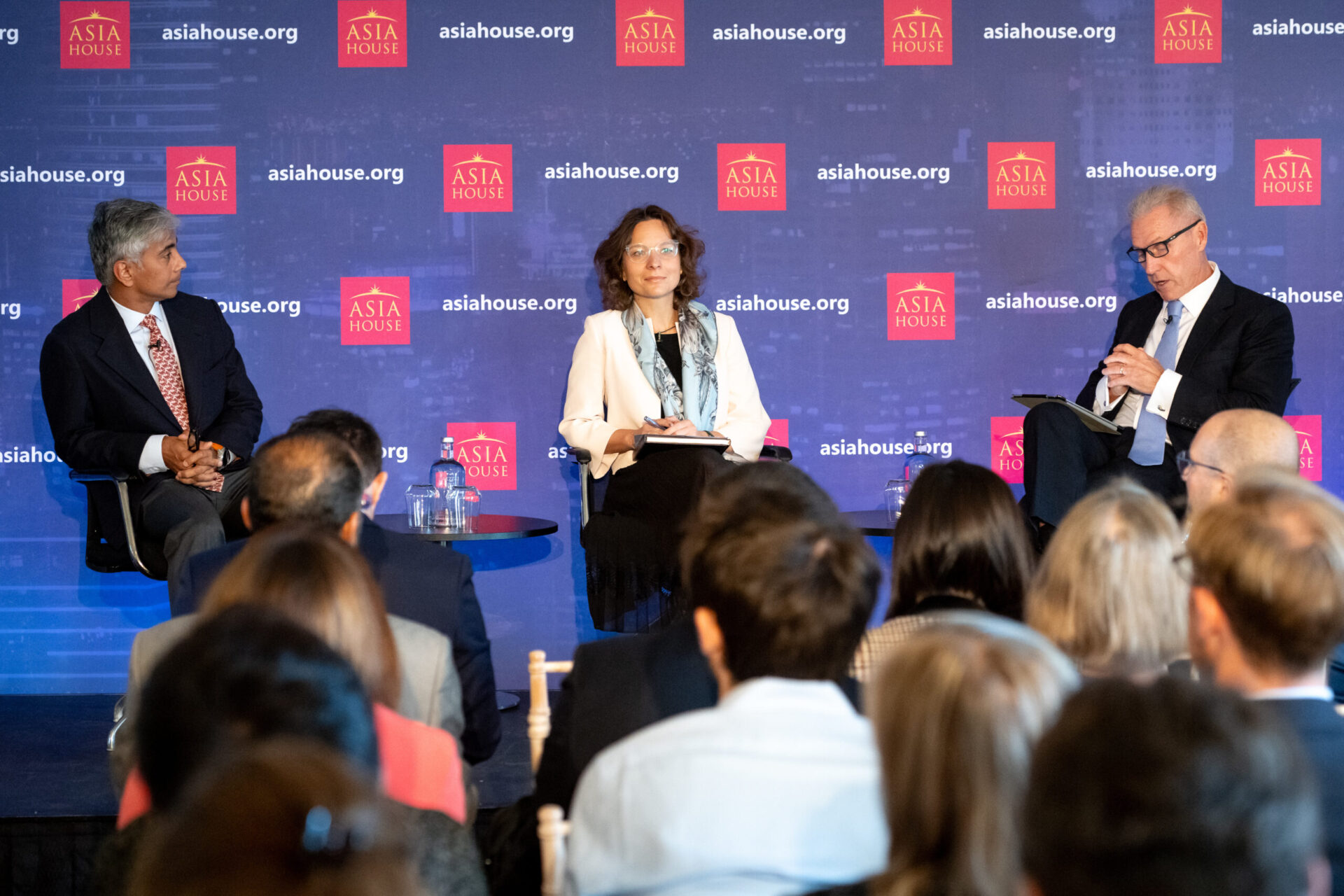
Asia House in collaboration with the McKinsey Global Institute organised a hybrid conference on 21 September, to highlight the importance of supply chain resilience, discuss global flows and the intricacies of global supply chain management. Senior business leaders and government representatives discussed key trends such as the protection of current trading standards and the development of global trade visualisation, factoring in components such as ESG and the role of government investment.
Click here to watch a full video of the event.
In the opening keynote address, Nusrat Ghani MP, UK Minister of State at the Department for Business and Trade and Minister for Industry and Economic Security, reiterated the UK Government’s support for free and fair rules-based international trade to fuel business prosperity and growth.
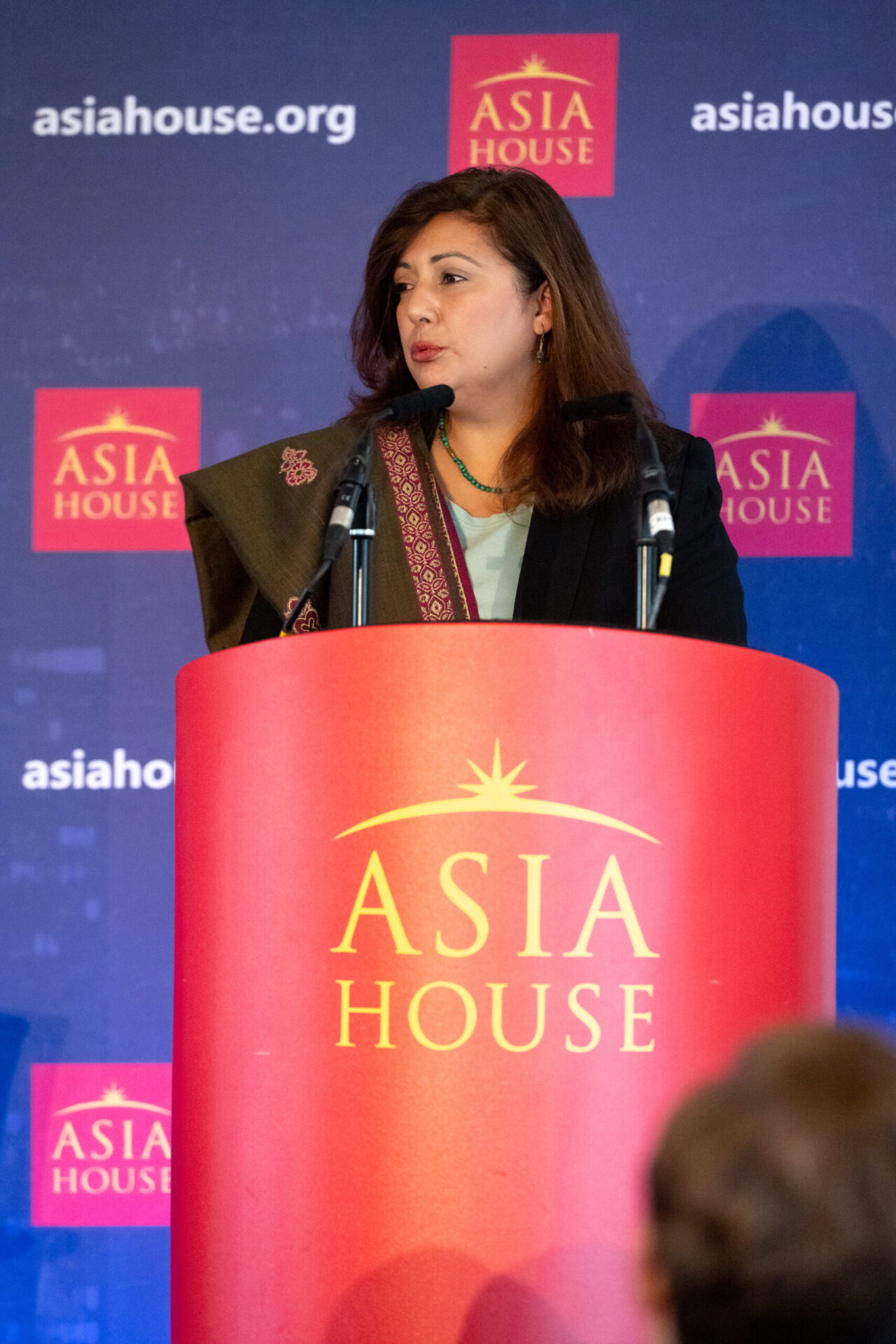 Minister Ghani also highlighted the transformative power of free trade, emphasising that over the last 30 years, trade liberalisation has dismantled barriers and enhanced market access, helping raise people’s quality of life globally.
Minister Ghani also highlighted the transformative power of free trade, emphasising that over the last 30 years, trade liberalisation has dismantled barriers and enhanced market access, helping raise people’s quality of life globally.
In her acknowledgment of the unprecedented strain that the global trading system has faced over the last few years, from COVID-19 to the war in Ukraine, there was an optimistic outlook in the support for both brokers of supply chains and the move towards a more open, resilient and fair multilateral trade agreement.
A presentation by Jeongmin Seong, Partner at the McKinsey Global Institute (MGI), provided an insightful analysis of two reports produced by MGI that explore five key aspects of global resilience and question the status of deglobalisation. In his opening comments,
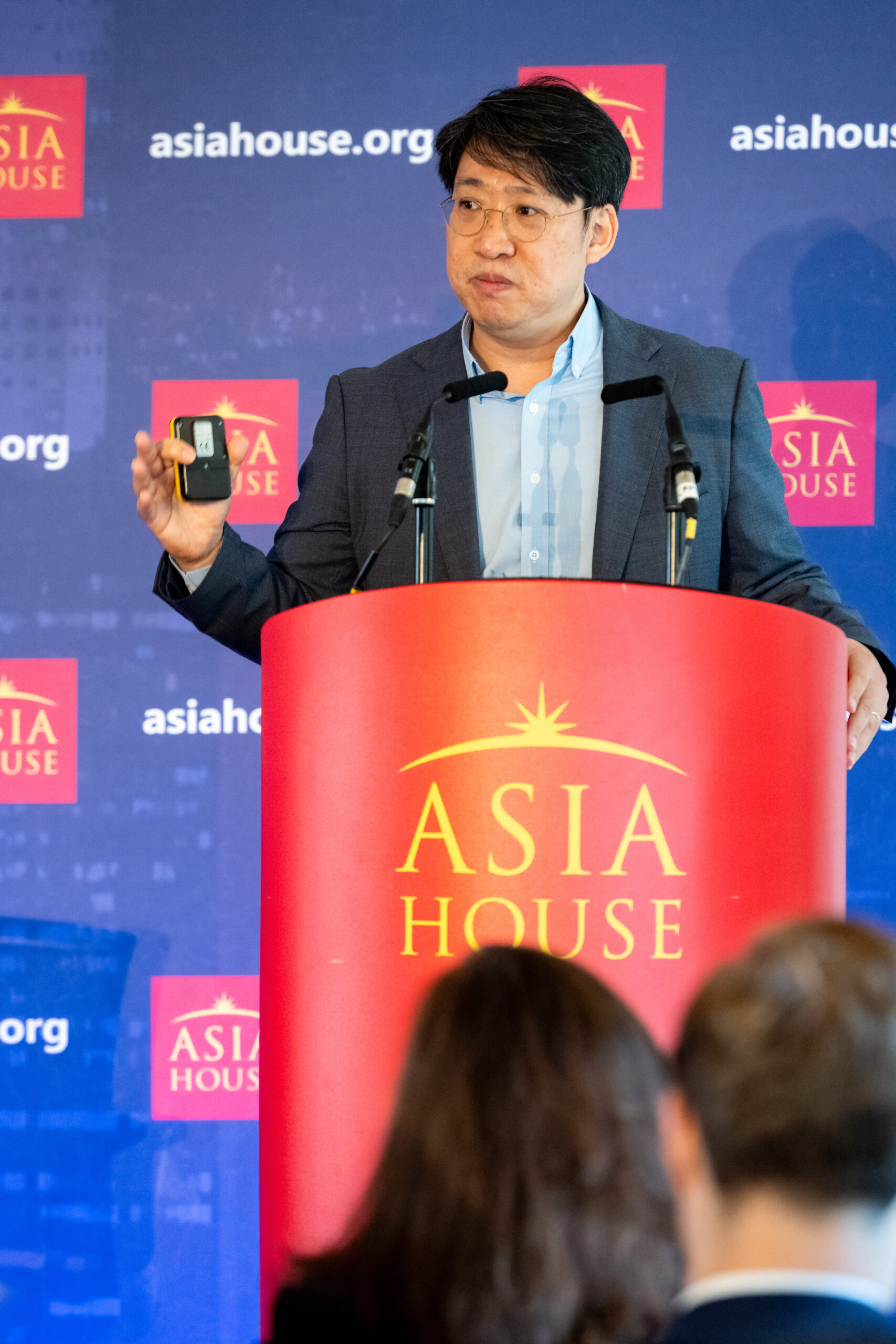
Jeongmin discussed the evolution of the fabric of global connectivity, with knowledge and intangibles growing twice as fast as the flow of goods, emphasising the importance of cross border collaboration.
He also highlighted that while there has been an increase in interconnection resulting in a more independent world, this can also cause concentration. However, Jeongmin concluded that “this can leave space for companies and governments to play a big role in reimagining globalisation instead of resorting to de-globalisation”.
In a panel discussion, global representatives from Boeing, Pernod Ricard, HSBC and the Philippines Department of Trade and Industry came together to discuss trade finance, the importance of diversifying supply chains and the role data will play in the progression of globalisation and supply chain resilience. Craig Abler, Director of Supply Chain for Boeing, observed the need to “leverage more visualisation, more local-for-local in our execution, so we can continue to tap into the broader global supply chain as necessary but can feed and operate in emerging markets more locally and independently if necessary.”
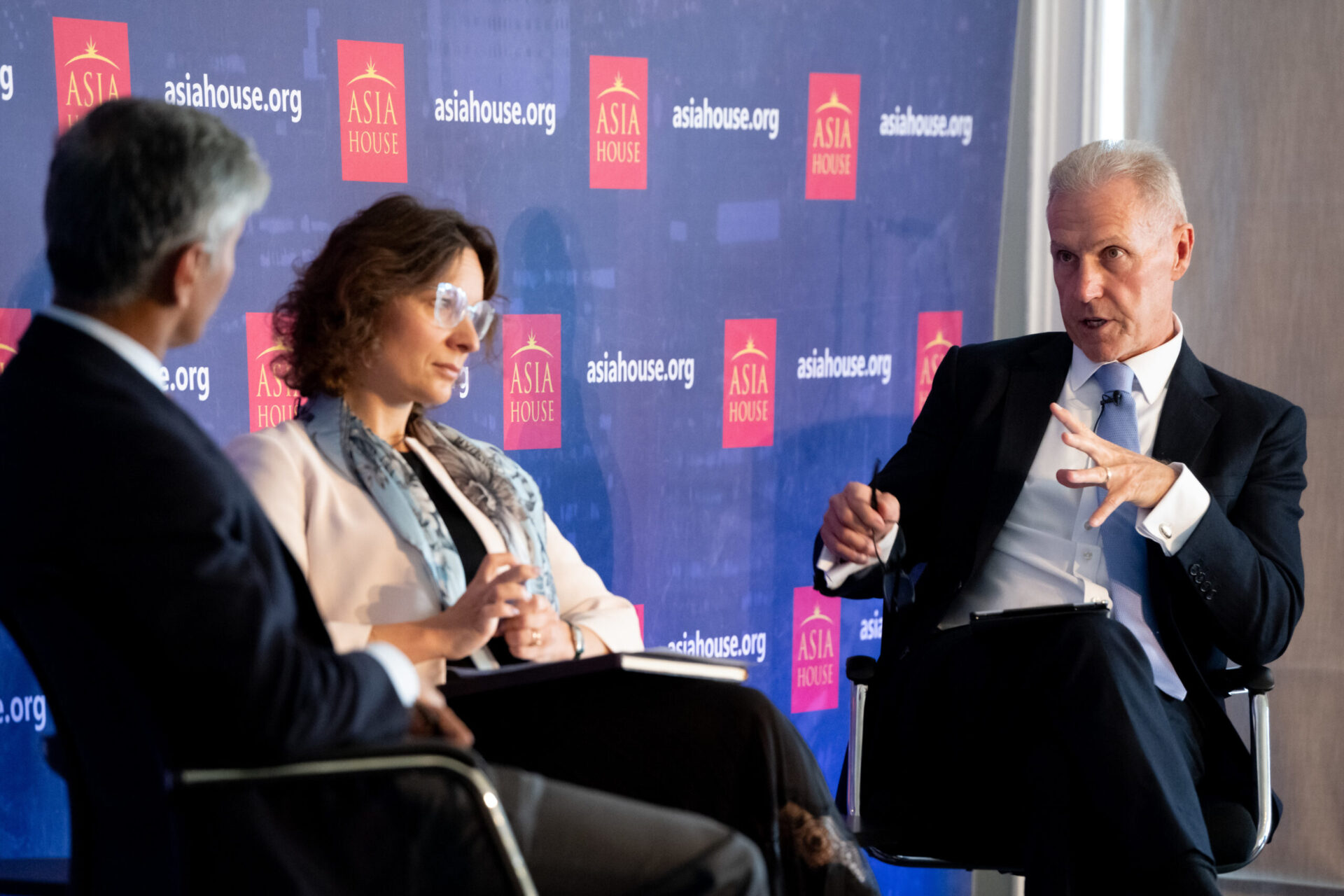
On the topic of ESG and its role in supply chain resilience and global markets, HSBC Head of Global Trade and Receivables Finance Vivek Ramachandran spoke of the importance of implementing ESG as “not just what you do, it’s what your suppliers do, and you’ve got nations demanding that…” with reference to governments increasingly moving towards their net zero targets. This was also reflected in comments by Allan B. Gepty, Assistant Secretary at the Department of Trade and Industry, The Philippines, who added that supply chain resilience is directly related to the relationship a country has with its trade and investment partners. He added that stronger or more entrenched economic relations with trade and investment partners will naturally see the business relationship of the private sector “gravitate or align with said partners”.
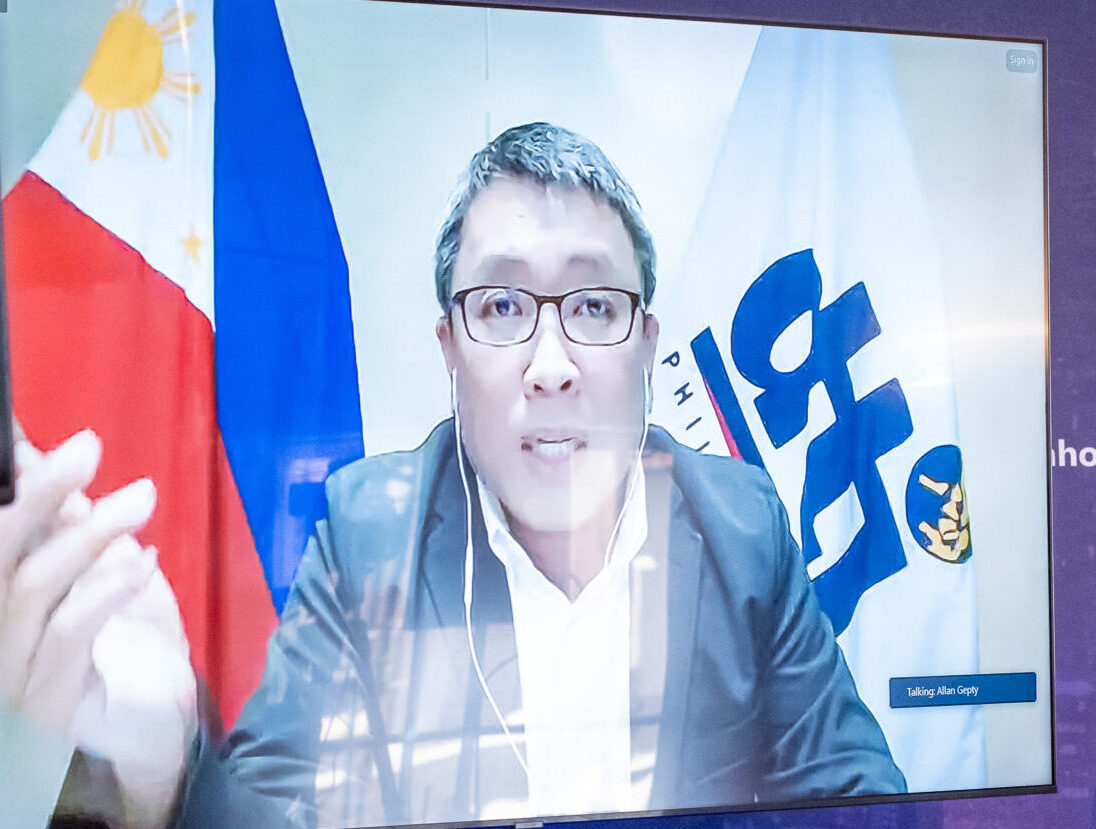

The panel discussion concluded with remarks from Darya Galperina, Head of International Trade at Pernod Ricard, who said that while “there are limits to what you can do when changing your supply chain, there are also environmental commitments and social commitments which give certain limitations to where we can move”.
Asia House Chief Executive Michael Lawrence OBE and Reckitt Chief Supply Officer Sami Naffakh concluded the conference with a conversation on the role of digitalisation and technology in supply chains. Sami opened the discussion with three areas in which tech is being utilised: visibility, supply and demand and automation in recognition of labour scarcity.
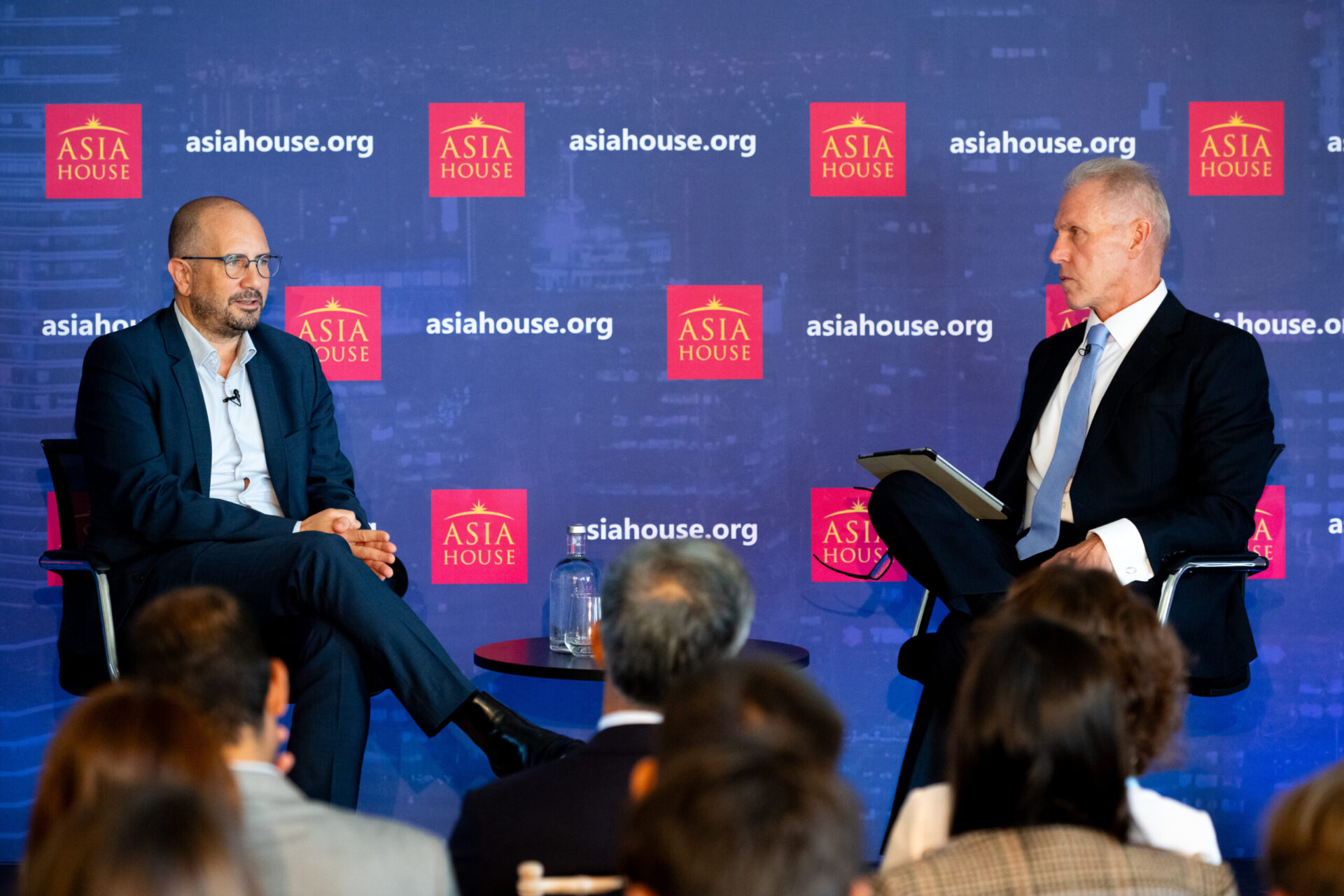
In the discussion, it was emphasised that systems need to be implemented to allow companies and governments to create best-case-scenario plans and responses, particularly at times of great volatility and geopolitical risk. The role of AI in supply chain management was also highlighted, with Sami commenting that while its implementation was slow, Reckitt is using AI in “human vulnerability assessments when it’s about trying to understand a hugely complex landscape – where are the critical risks and what are the potential actions”.
The conference, chaired by Michael Lawrence OBE, welcomed over 150 attendees both in-person at Asia House and online and provided valuable insight into the reimagining of global trade flows for a new era.
Find out more about the benefits of Corporate Membership at Asia House.
